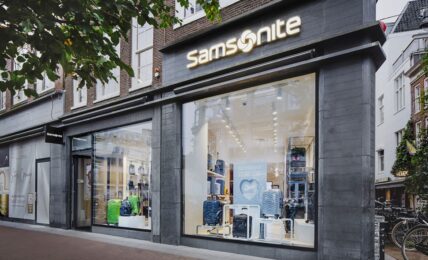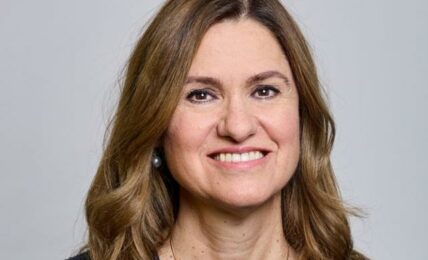Shipping giant A.P. Moller – Maersk (Maersk) announced that it has signed a long-term bio-methanol supply agreement with China-based LONGi Green Energy Technology, aimed at contributing to reducing GHG emissions from Maersk’s growing fleet of dual-fuel methanol container vessels.
The agreement follows the release earlier this year by Maersk of goals to reduce emissions across its operations and supply chain, and the achievement by the company of validation of its goal to achieve net zero by 2040 by the Science Based Targets Network. Key levers being pursued by the company to reduce emissions in its operations include the use of green fuels and improvements in fuel efficiency, while its supply chain solutions will require engagement and collaboration with suppliers
With the addition of the fuel to be supplied by LONGi, Maersk said that it was well on target to meet a goal of meeting more than half of its dual-fuel methanol fleet’s fuel requirements by 2027. Currently, the company has seven vessels that utilize the fuel. Bio-methanol, derived largely from biofuel feedstock, is an effective lower-carbon substitute for fossil fuels because its energy levels are higher than other biofuels, and it is also particularly suited for long-distance transport and travel.
Maersk Chief Operating Officer Rabab Raafat Boulos, said:
“Bio- and e-methanol continues to be the most promising alternative shipping fuels to scale up in this decade, and the agreement with LONGi serves as a testament to this. Global shipping’s main net-zero challenge is the price gap between fossil fuels and the alternatives with lower greenhouse gas emissions.”
The agreement with LONGi is for bio-methanol produced at a facility in Xu Chang in central China. Production will begin in 2026 and the deal will extend into the 2030s. The fuel will be produced from straw and fruit tree cuttings, and help Maersk reach its methanol sustainability requirements, which include at least a 65% reduction in GHG emissions on a lifecycle basis compared to fossil fuel, the company said.
Emma Mazhari, Head of Energy Markets at Maersk, said:
“While we believe that the future of global logistics will see several pathways to net-zero, this agreement underscores the continued momentum for methanol projects that are pursued by ambitious developers across markets. China continues to play a pioneering role, and it is encouraging to also see strong market developments in other geographies as well.”



